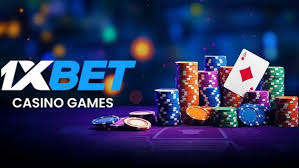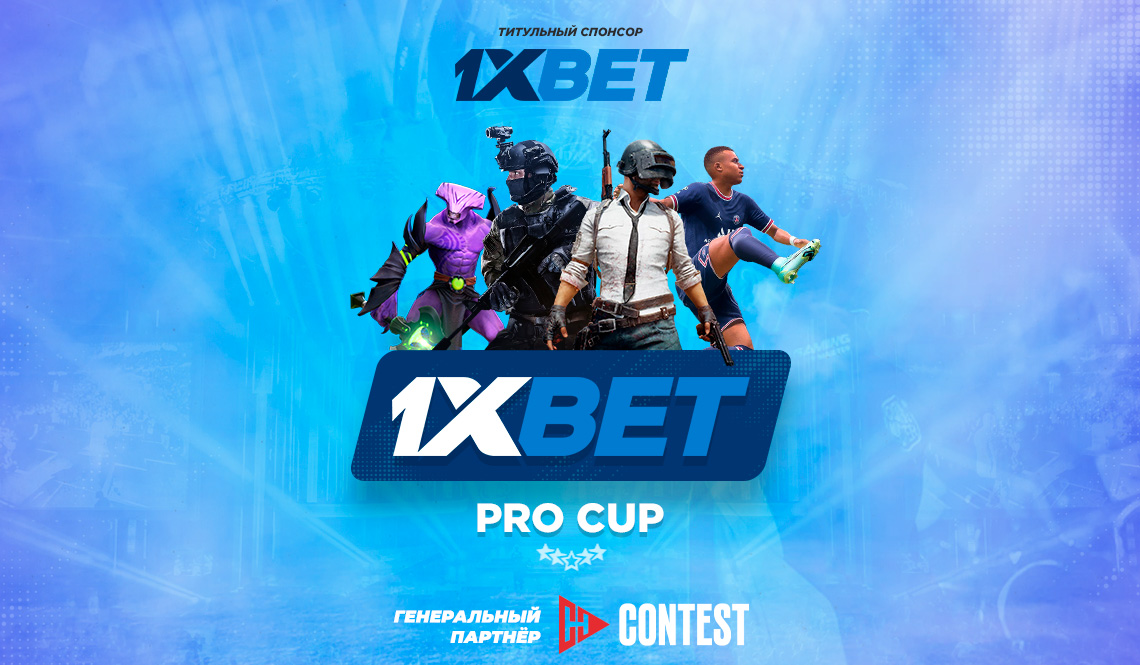
sports betting 1xbet app Sports betting combines analysis, psychology and disciplined money management; this guide outlines practical approaches that can help recreational bettors improve their decision-making, reduce risk and focus on long-term value rather than short-term excitement.
Understanding the fundamentals is the first step. Odds represent the market’s assessment of an outcome and also determine your potential return. Decimal odds show how much a winning stake will return in total, while fractional and American formats express similar concepts differently. Converting odds to implied probability is essential: implied probability = 1 / decimal odds. If your own estimate of the chance of an event is higher than the implied probability, a value opportunity exists.
Value betting is the cornerstone of professional approaches. It means finding wagers where the bookmaker’s price understates the true likelihood of an outcome. To do this reliably you need either superior information, better statistical models, or an understanding of market inefficiencies. Public misperceptions, slow-moving markets and uneven bookmaker coverage can create exploitable edges.
Modeling and data help formalize those edges. Build a simple predictive model focused on a few measurable factors rather than trying to account for everything. In football (soccer), for example, consider expected goals, lineup changes, fixture congestion and head-to-head tendencies. In basketball, pace, player minutes and recent injuries matter. Keep models transparent and backtest them over relevant historical periods. Beware of overfitting: a complex model tuned to past results often performs worse in live betting.

Bankroll management protects you from the inevitable variance. Decide on a staking plan and stick to it. Flat stakes are the most robust for recreational bettors: risk the same percentage of your bankroll on each selection. A common rule is one to two percent per bet; conservative bettors use even less. Kelly staking is mathematically optimal when edge and probability estimates are accurate, but it amplifies risk if your input estimates are noisy. Many bettors use a fractional Kelly approach to balance growth and drawdown control.
Keep disciplined records. Track each bet with date, event, market, odds, stake, result and notes on why you placed it. Over time this log reveals which markets, bet types and strategies are truly profitable. Analyze mistakes—bad timing, misunderstood injuries or emotional wagering—to refine your process. The best bettors are rigorous about record-keeping and continuous improvement.
Market selection matters as much as selection quality. Some markets are thin and inefficient—lower liquidity can mean softer edges but also higher variance and limited bet sizes. Major markets and leagues attract the sharpest action and tighter lines, so consider exploring niche markets, lower divisions or player props where oddsmakers and public bias create opportunities. Exchanges and Asian markets sometimes offer more attractive pricing and the ability to lay bets, which can be useful for managing exposure.
Live (in-play) betting opens many possibilities but requires rapid decision-making and clear criteria. Live markets move fast based on changing game states; if you cannot process information quickly and act decisively, the odds will work against you. Focus on specific situations you can evaluate well—red cards, momentum shifts, substitutions or time-decay effects. Pre-match research that anticipates possible in-play scenarios increases your edge.
Psychology and discipline are critical. Avoid chasing losses, increasing stake size after a losing run, or betting for entertainment when you should be preserving capital. Emotional betting erodes long-term profitability. Use objective triggers—model output, minimum expected value thresholds, or pre-set stake sizes—to remove emotion from decision-making. Take breaks when variance causes stress and revisit your approach with a calm analysis of the data.

Promotions, bonuses and free bets can be useful but read terms and conditions carefully. Many offers carry rollover requirements or restrictions that make them less valuable than they appear. Treat promotions as marginal advantages: they can subsidize testing strategies or reduce short-term cost, but sustainable profit depends on repeatable edges, not transient offers.
Regulation and legal considerations vary by jurisdiction. Know the rules where you live and bet only with licensed operators. Responsible gambling tools—deposit limits, loss limits, reality checks and self-exclusion—are available on most regulated platforms. Use them if you find wagering interfering with daily life, finances or mental health. Approaching sports betting as a long-term activity rather than a quick route to riches reduces harmful behavior.
Learning from the market is a continuous process. Watch how lines move, read sharp-money reports, and compare odds across bookmakers. Arbitrage opportunities are rare in efficient markets and require quick execution and multiple accounts, but odds comparison helps you identify where value appears. Network with other bettors, study public analytics, and test ideas in small stakes before scaling up.
Finally, set realistic goals. Most recreational bettors should aim for modest, consistent returns rather than extraordinary wins. Protecting capital, preserving mental clarity and maintaining good records will pay off more reliably than chasing longshots. The combination of disciplined bankroll management, a clear edge-seeking methodology, continuous learning and responsible play creates the best chance of positive results over time.
Sports betting is not a guaranteed income source; it rewards those who treat it like a craft—methodical, data-driven and emotionally disciplined. With a clear process, sensible stakes and a focus on value, bettors can improve outcomes and enjoy the challenge without undue risk.


